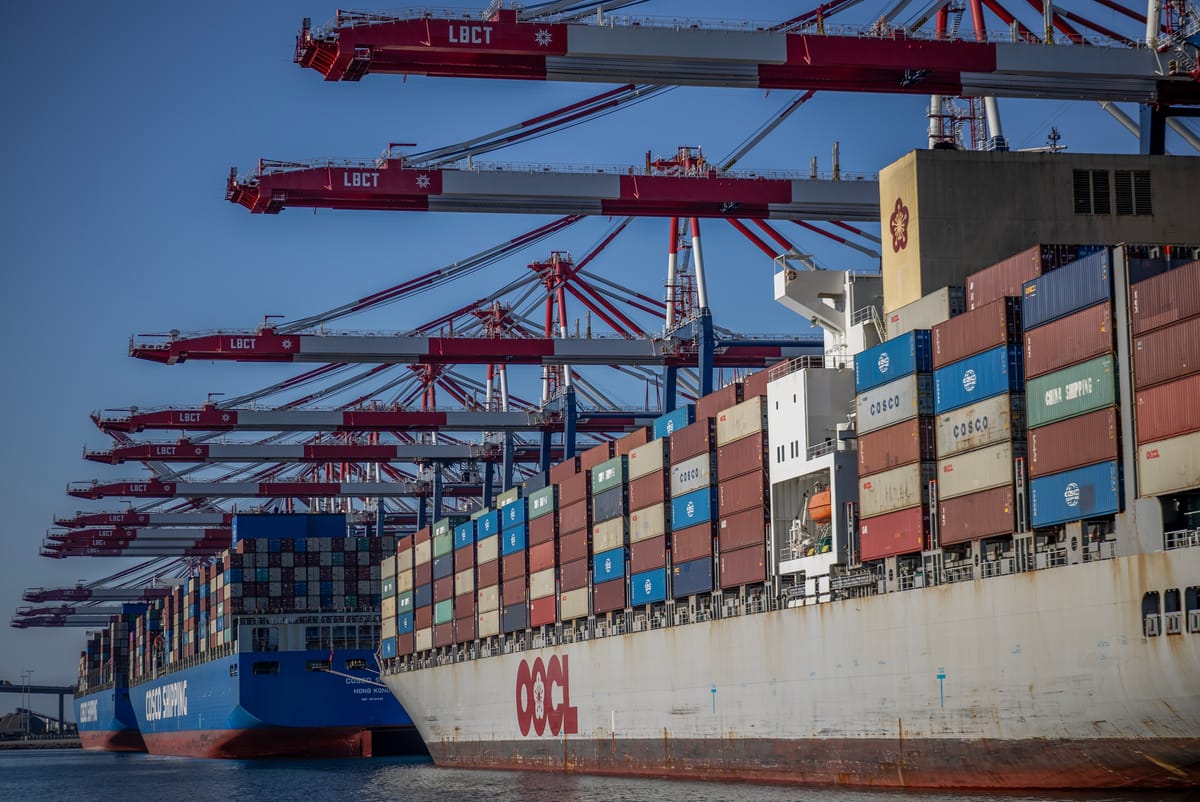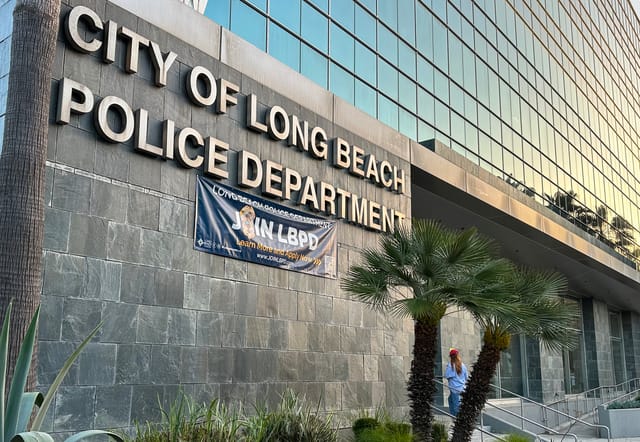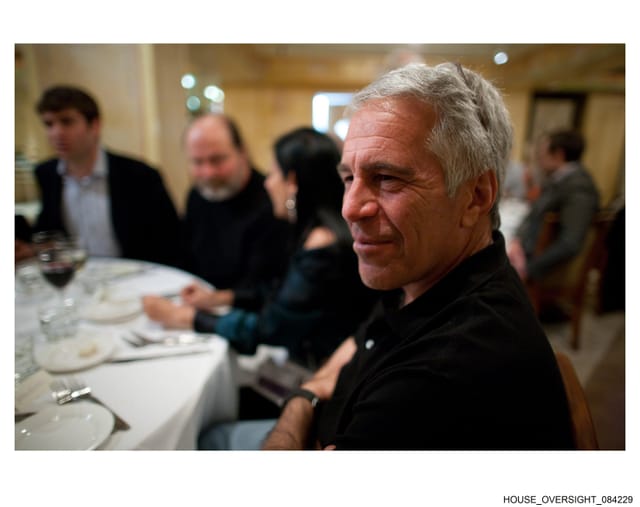Long Beach port sets all-time monthly cargo record ahead of holiday season, threat of universal tariffs
President-elect Donald Trump has proposed tariffs on all imports, which would likely decrease port activity, negatively impact jobs and increase taxes for the average family, experts say.

A record volume of cargo moved through the Port of Long Beach in October, driven by high consumer demand coming into the holiday season and the potential for sweeping tariffs by the incoming Trump administration early next year, port officials announced Thursday.
Last month, dockworkers moved 987,191 20-foot equivalent units — the standard measure of a shipping container — marking the busiest month in the port’s 113-year history. The new record is an 8% jump from the previous record set in August when 913,873 TEUs moved through the port.
“We are moving this cargo without congestion, backlogs or ships lined up along the coast line,” port CEO Mario Cordero said in a press conference Thursday morning, alluding to the supply chain breakdown that began in 2020 amid the pandemic.
The port is on track to move 9.5 million TEUs, which would make it the busiest year ever, Cordero added.
Numerous factors played a role in the October boost, Cordero said, including a lithium-ion battery fire on Terminal Island that pushed some cargo deliveries from September. The ongoing labor negotiations at East and Gulf coast ports also continues to shift some cargo to the San Pedro Bay ports of Long Beach and Los Angeles.
The two leading factors, however, are strong consumer demand heading into the holiday season and retailers stocking up ahead of potential sweeping baseline tariffs on all imported goods, Cordero said, adding that the trend is expected to continue through the end of the year.
During Donald Trump's previous administration, Cordero was an outspoken critic of massive Chinese tariffs the former and future residents imposed.
“While it is unclear what type of tariffs might be imposed, we can say from previous experience that businesses crave certainty,” Cordero said. “When you have trade disputes, that creates uncertainty.”
While Trump has pushed the narrative that tariffs are a tax imposed on other countries, the reality is they increase prices for the consumer right here in the US, as was seen previously with steel, lumber, food and other goods. In 2019, as the country began to feel the effects of Trump’s tariffs, economists at Liberty Street Economics found the policy cost the typical household $419 annually.
As Cordero noted Thursday, China is the largest trading partner at the San Pedro Bay ports — the largest container port complex in the U.S. — accounting for about 70% of cargo. Initially, under the original Trump tariffs (many of which remained in place amid the Biden administration, which recently added increases), Cordero said Long Beach saw a 20% drop in two-way trade with China.
While he previously targeted China, Trump now says he hopes to impose tariffs across the board but has been unclear on the exact percentage. The Tax Foundation, an international research think tank, recently estimated a 10% universal tariff would increase taxes on US households by an average of $1,253. A 20% universal tariff would increase household taxes by $2,045 on average.
The Port of Long Beach is a major economic engine, with 575,000 jobs in Southern California and 2.6 million nationwide, Cordero said. A more drastic decrease in cargo volumes as the result of universal tariffs would directly affect the amount of labor required throughout the supply chain, he said.
“I’ve said this before and I’ll say it again: No one wins in a trade war,” Cordero said, adding that “as we await development of future trade policies under the second Trump administration, I can assure that the [port] will continue to move cargo efficiently, safely and sustainably.”
We need your support.
Subcribe to the Watchdog today.
The Long Beach Watchdog is owned by journalists, and paid for by readers like you. If independent, local reporting like the story you just read is important to you, support our work by becoming a subscriber.





